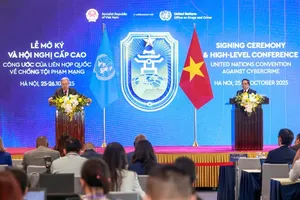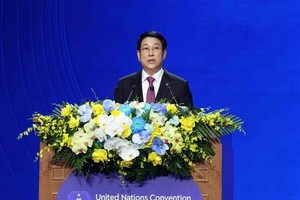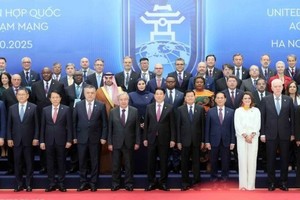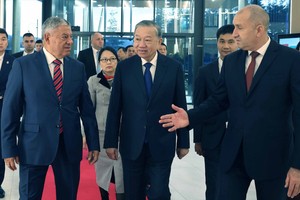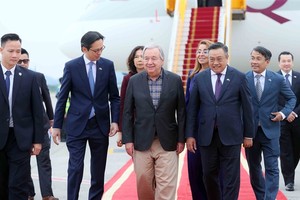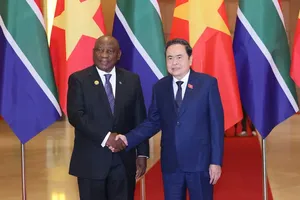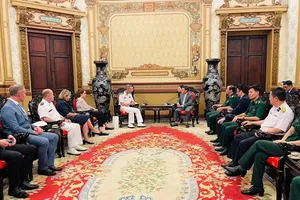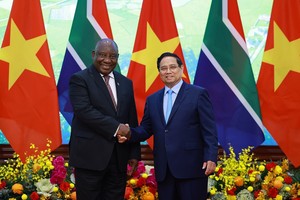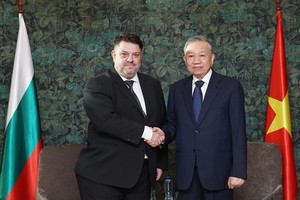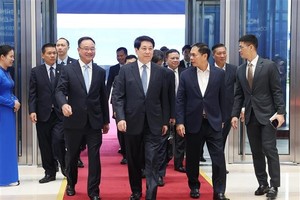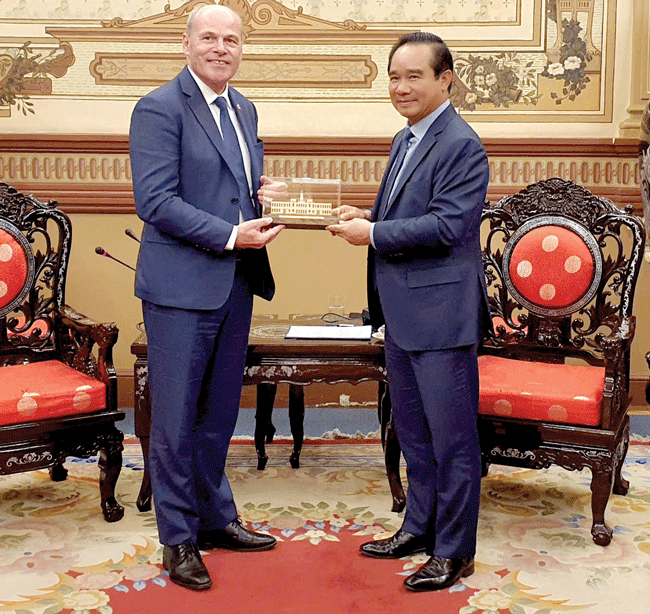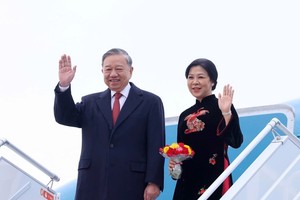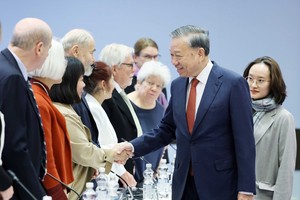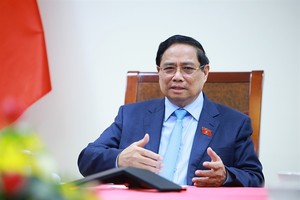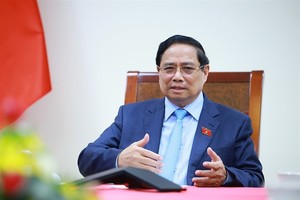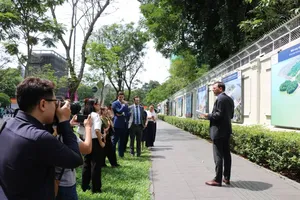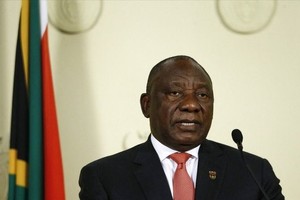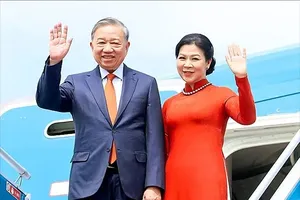JOHANNESBURG (AFP) – A white South African woman runs the local operations of India's largest drug company, Ranbaxy, and the second largest, Cipla, is listed on the Johannesburg Stock Exchange.
India's pharmaceutical industry has rolled out a strong local presence in South Africa, cornering a large share of the market and using the country as a base to gush a flood of cheap generic drugs into Africa.
Unlike most multinational companies, India's "big three" pharmaceuticals -- Ranbaxy, Cipla and Dr Reddy's -- have carefully cultivated their local credentials by bringing South Africans into the top corporate echelons.
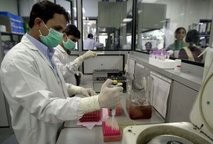
Ranbaxy and Cipla have also won fans by slashing the price of anti-AIDS drugs, saving countless lives in the country with the world's largest HIV epidemic.
"They've been very strategic in terms of how they've positioned themselves in South Africa and using South Africa as a launch pad into Africa," said Abdullah Verachia, an analyst at consulting firm Frontier Advisory who has followed the Indian companies' ascent.
"That reflects one, their understanding of the market and two, their commitment to South Africa. You seldom get a foreign multinational company appointing a local CEO," he told AFP.
India's pharmaceutical industry has transformed itself over the past three decades from almost non-existent to the second-largest in the world by volume, with revenues of $3 billion (two billion euros).
Cheap generic drugs have been the catalysts of that growth, and Africa has been a key market, buying 14 percent of India's $8-billion pharmaceutical exports in 2009.
The relationship was cemented in 2001 when Cipla announced it would supply anti-AIDS drugs to Africa at a massive discount, slashing the per-patient price of the "AIDS cocktail" from more than $10,000 a year to less than $400.
"Indian pharmaceutical companies have been absolutely critical in bringing down the cost of treatment," Francois Venter, head of the South African HIV Clinicians Society, told AFP.
"If the cost of treatment hadn't come down, there would be very many fewer people on the drugs."
Sub-Saharan Africa, which has an estimated 22.5 million HIV positive people -- 68 percent of all infections globally -- is chronically short of funds to fight the disease.
Thanks to cheap Indian drugs, it has been able to increase the proportion of AIDS patients on treatment from two percent in 2003 to 37 percent in 2009.
But the Indian firms have gained more than just goodwill in the bargain. Providing discount generics has been big business and helped the Indian industry displace its Western rivals.
South Africa, which has 5.6 million people living with HIV, in 2008 launched a tender worth $526 million to provide its health department's anti-AIDS drugs for two years, giving preference to companies with local operations.
South African firm Aspen Pharmacare took the lion's share of the contract, but Ranbaxy's local joint venture Sonke won 4.5 percent of the deal and Cipla Medpro, Cipla's local subsidiary, won 1.9 percent.
Ranbaxy, today South Africa's fifth-largest pharmaceutical company, last year opened a $30-million manufacturing facility west of Johannesburg -- its second.
Cipla, the country's sixth-largest pharmaceutical, has announced a $36-million upgrade to its plant in the eastern city of Durban.
Verachia said the thriving pharmaceutical partnerships are part of a larger vision of south-south cooperation that South Africa and India share.
"We share a very close diplomatic and political relationship in that both countries are advancing the interests of the south," he said.
"That close and burgeoning political relationship has translated into quite a strong commercial relationship."
